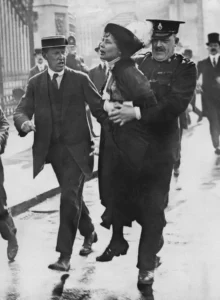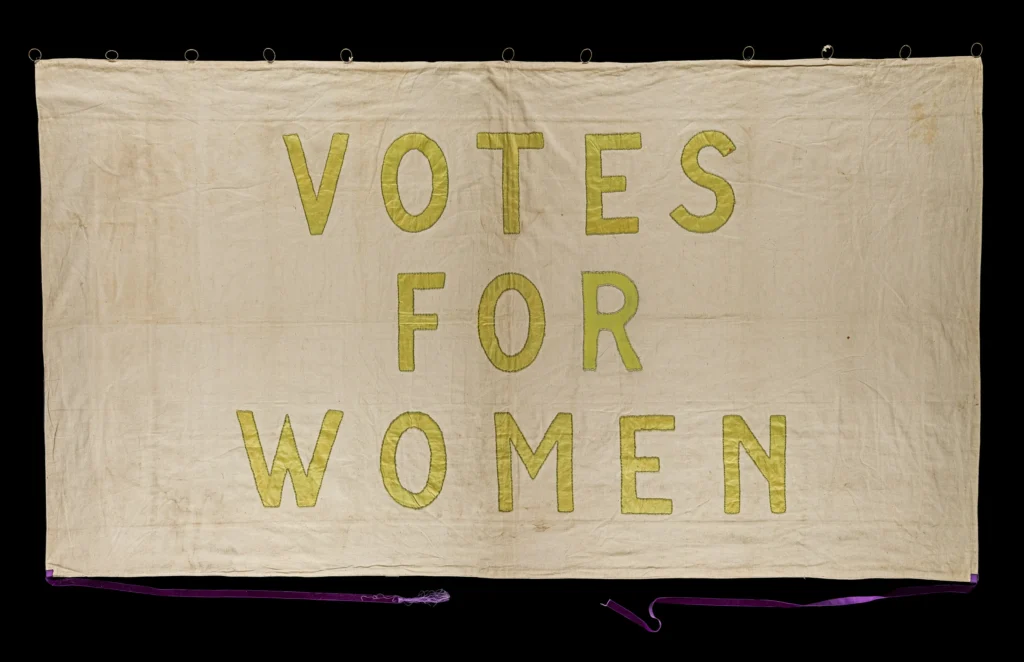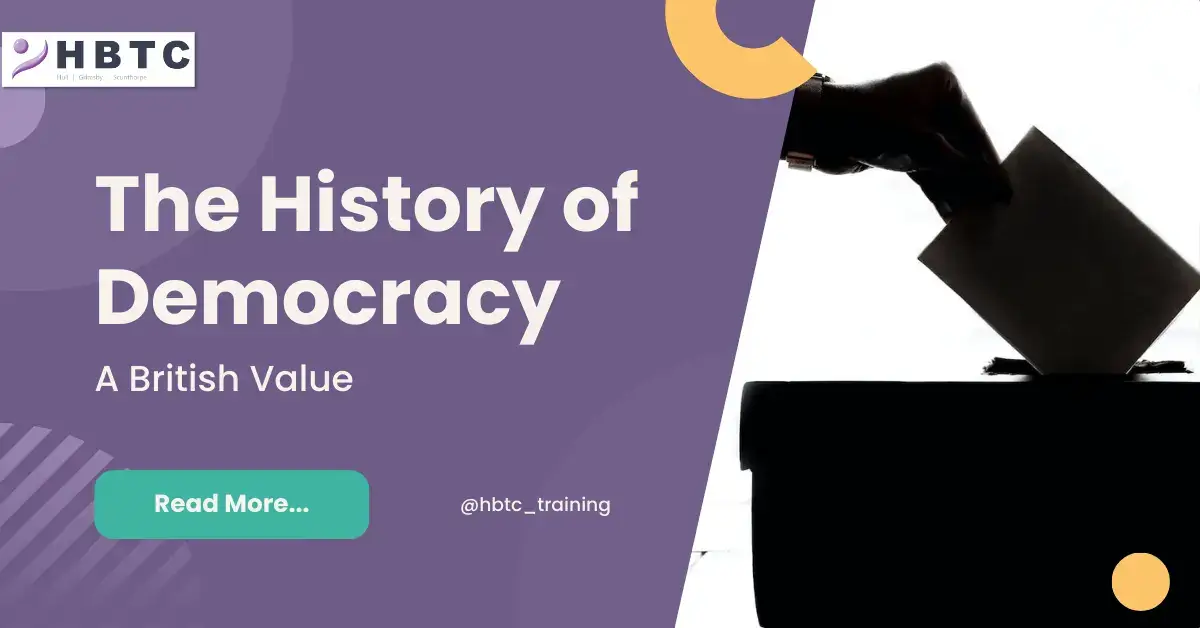British Values: How Feminism, Democracy and Individual Liberty are deeply interconnected
British values refer to the fundamental principles that underpin British society, promoting a coordinated and inclusive environment.
These values incorporate democracy, the rule of law, mutual respect and tolerance for those with different faiths and beliefs, and individual liberty. Highlighting the significance of these values helps encourage understanding and cooperation, ensuring that all individuals regardless of their background, can contribute to and thrive within a shared society.
British Values are defined as the following:
- Democracy: A culture built upon freedom and equality, where everyone is aware of their responsibilities and rights.
- The Rule of Law: The need for rules to make a happy, safe and secure environment to live and work.
- Individual Liberty: Protection of your rights and the rights of others around you.
- Mutual Respect and Tolerance of different faiths and beliefs: Understanding that we do not all share the same values and beliefs. Respecting everyone’s ideas, values and beliefs without imposing our own onto them.
In the UK, individual liberty is secured through strong laws that preserve belief, freedom of speech, and expression. These laws allow people to express their opinions, choose their religion, and live their lives without undue intervention from the government. The right to free speech, the right to travel the world freely, and the right to vote for who we want are just some of the values that the UK express under the British Values.
Democracy in the UK accentuates citizens’ right to participate in the political process, primarily through voting in elections. Similarly to individual liberty, democracy allows people to convey their freedom of speech as well as allowing people to select their representatives and influence decision-making.

Feminism, individual liberty and democracy are deeply interconnected. Feminism advocates for the rights and freedoms of individuals, particularly women within society. The fight for women’s suffrage began in the late 19th and early 20th centuries, with activists such as Emily Davison and Emmeline Pankhurst pioneering women’s voting rights. Before the 1910s, women were not allowed to vote in parliamentary elections. In the early 20th century, there were two principal groups of feminists active in the campaign for women’s suffrage. Also known as the ‘suffragists’, these women campaigned across the UK using peaceful methods such as lobbying. ‘Suffragettes’ were determined to win the right to vote for women by any means such as acting in an unlawful manner or engaging in violent acts which attracted publicity.
individual liberty and democracy in the suffragette movement
Individual Liberty
- Right to Self-Determination: Fighting for women’s rights to vote, the suffragettes endorsed that women should have the independence to influence policies and laws affecting their lives. The broader notion of individual liberty aligns with this, where every person has the right to participate in governance.
- Challenging Oppression: By demanding suffrage, the movement disputed societal norms that confined women to restricted subordinate roles such as limited education and the expected role of a housewife and mother. The struggle for equality was about liberating women from the restraints of patriarchy and proclaiming their rights.
- Personal Agency: Individuals like Emily Davison highlighted the significance of women’s choices and voices. Davison was in and out of prison throughout her life as she tried to gain individual liberty for women. Her actions, including her protest at the 1913 Derby where she stepped in front of the King’s horse, underlined the lengths to which women were willing to go, to secure their rights. Due to Davison’s dedication, the cause denoted the fierce pursuit of individual liberty.
Democracy:
- Foundation of Democratic Principles: As a critical chapter in the progression of democracy, the suffragette movement enhanced the importance of inclusive representation. Democracy holds the value that all voices should be heard; providing women the right to vote was crucial for a truly paradigmatic government.
- Activism and Civic Engagement: The suffragettes engaged in various forms of activism such as rallies, civil defiance and protests. This exhibited the role of grassroots moments in forming democratic societies. Particularly with Emily Davison’s protest, the suffragette’s efforts exemplified that active participation is necessary for democracy to operate efficiently.
- Legacy of Change: The resulting victory of the suffragette movement came in 1918 when women gained the right to vote. This laid the foundation for further democratic amendments. The change also inclined future movements advocating for civil rights, equality and social justice, encouraging the idea that democracy must frequently evolve to be more inclusive.

Marking over 100 years of women’s rights to vote
Marking over 100 years of women’s rights to vote highlights a significant milestone in the ongoing struggle for gender equality and individual liberty. Beginning with the Representation of the People Act in 1918, the legislation granted suffrage to women over 30 who met certain property qualifications, thus marking a crucial step towards full equality. It is clear to see how the suffragettes created such pivotal moments in the advancement of individual liberty and democratic values. If it wasn’t for the fight for women’s suffrage, we would not be where we are today, which is why it is crucial to understand how the centennial celebration serves as a reminder of the progress made, as well as the ongoing challenges in achieving equality.
If you’d like to learn more about this topic, check out the UK Parliament’s Women and the Vote page.
You may also be interested in…

Emily Simpson
Emily is our Learner Engagement Apprentice and is involved with all things social media and content development. She is also responsible for attending career events and maintaining relationships with local schools and colleges.


